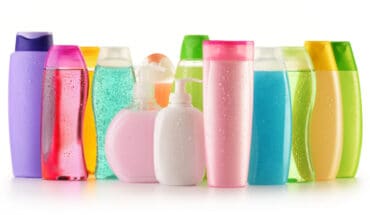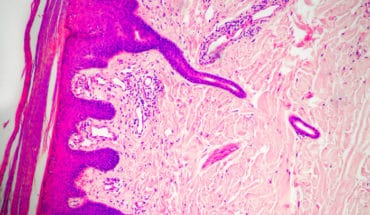For many of us settled in city life, it is worth thinking about taking extra precautionary measures to protect against noxious chemicals we are exposed to on a daily basis. With pollution levels described by the government as ‘very high’ or ‘high’ last week in eight regions across the UK, this is a situation that is going to affect everyone who lives and works in and around cities.
We may not be able to control the environmental factors that lead to skin inflammation and ageing, but it is in our hands to try and limit these.
As skin is your outermost barrier, it is one of the first and largest targets for air pollution. So, what exactly is air pollution? Air pollutants include the polycyclic aromatic hydrocarbons (PAH), volatile organic compounds (VOC), oxides, particulate matter, ozone, and cigarette smoke. Prolonged and repetitive exposure to these agents can have negative effects on the skin.
Scientific studies in both animals and humans have shown that these components of air pollution can contribute to premature skin ageing (wrinkling, pigmentation spots) and worsening of inflammatory skin diseases such as eczema, psoriasis and acne. One major mechanism is via the generation of reactive oxygen species that can damage DNA in skin cells
So short of leaving the city and moving into the countryside, what can you do to limit damage?
- Cleanse your skin every night to remove dirt and environmental toxins from the skin surface
- Exfoliate once weekly (less if you have dry or sensitive skin) to give your skin a deeper clean. This will also improve the penetration of any products that are later applied to the skin.
- Use an antioxidant serum – antioxidants such as vitamin C and resveratrol have the ability to neutralise damage caused by reactive oxygen species. They certainly have a role in your anti-ageing armoury.
- Use a regular sunscreen (SPF 15 or above) – don’t forget your skin also needs UV protection to help reduce risk of skin cancers and signs of premature ageing.
- Moisturise daily, particularly if you have a tendency to dry, inflammatory skin conditions e.g. eczema and psoriasis. This will keep your skin hydrated helping to maintain the integrity of the barrier function of your skin.
About the BSF
The British Skin Foundation is the only UK charity dedicated to raising funds for skin disease and skin cancer research.
Latest posts by Dr Anjali Mahto (see all)
- The spots you miss with sunscreen - 27th July 2020
- Sunscreen: the spots you miss - 13th July 2018
- Protecting young skin from UV radiation - 24th April 2017







